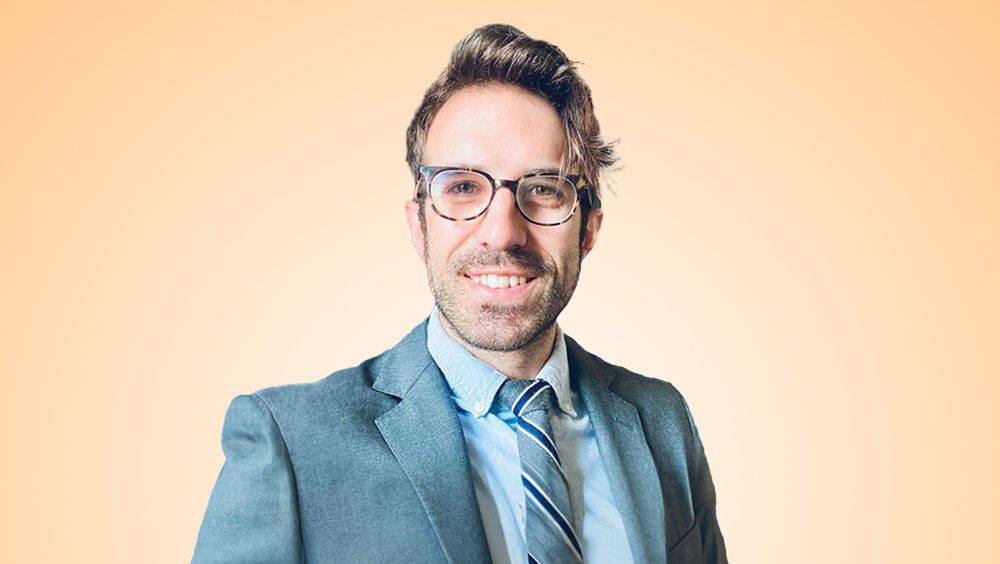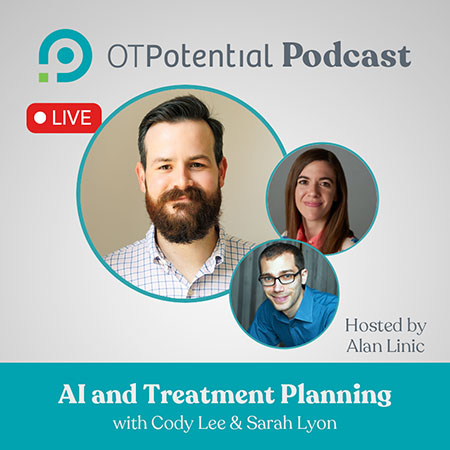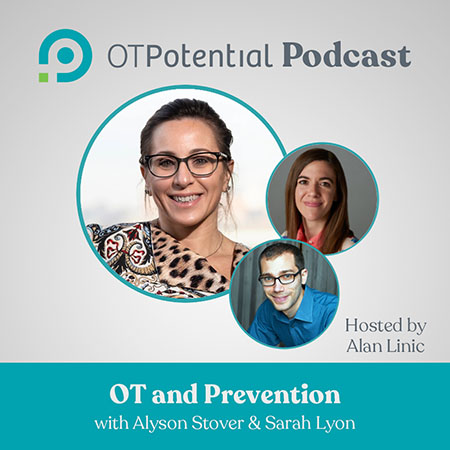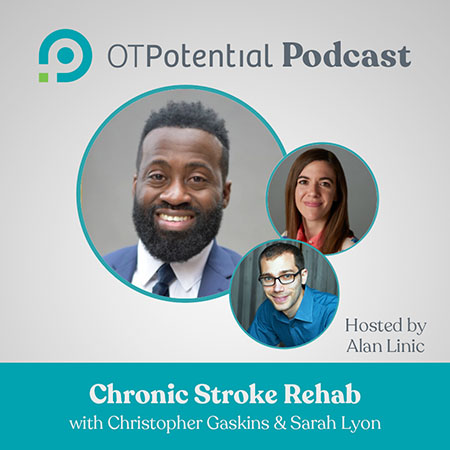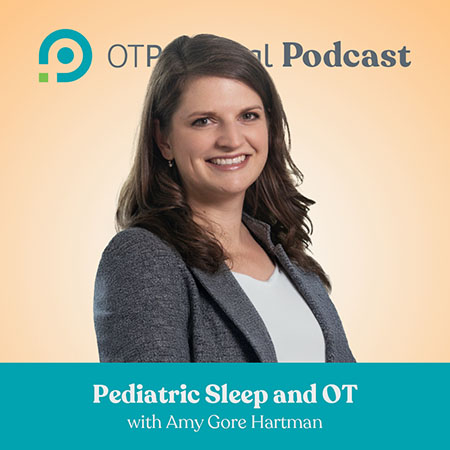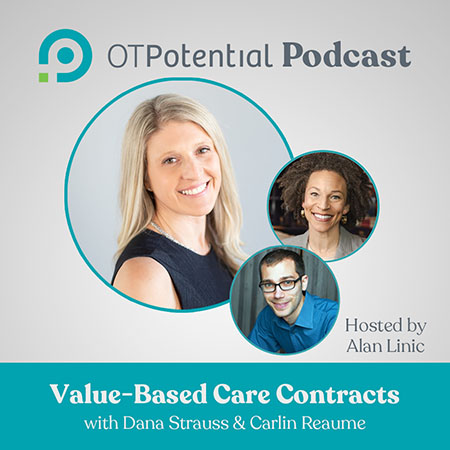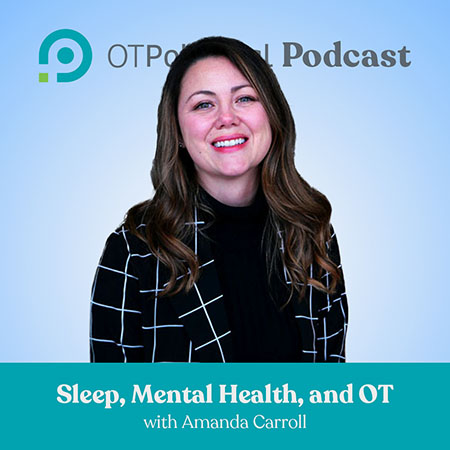Earn 1 hour of continuing education by joining OT Potential after taking this course.
In our OT work with individuals, there can be a feeling of futility.
As there is a growing collective consciousness around what we, as OT professionals, experience day in and day out:
The communities in which we live have such a profound impact on our health.
And, we can fail individuals by focusing only on their individual choices—and not the larger driving forces of their lives.
I think this expanding view of health is why we see so much interest in community practice from students, new grads, and tired clinicians. Community practice does have a long history in occupational therapy, but currently very few clinicians find full-time work in this practice area. The authors of this course’s featured article, believe this may be in part to a lack of frameworks for community-based OT. So, today we’ll explore the framework they put forth and their call to “reimagine occupational therapy clients as communities.”
Next week on the podcast, we will welcome Ryan Lavalley, PhD, OTR/L. Dr. Lavalley is the founder and primary lead of the Community Practice Lab at UNC School of Medicine.
Primary Journal Article Explored
When you log in, be sure to check out the OT Potential Club’s written breakdown of the following research article. Then, share your questions and thoughts with fellow practitioners.
Supporting Research and Journal Articles
- The Effectiveness of Community Occupational Therapy Interventions: A Scoping Review.
- An overview of occupational therapy community practices in Latin America.
Learning Objectives
- You will be able to identify the intervention tools that OTs can utilize both with individuals and communities.
- You will be able to recognize how outcomes differ in OT community practice from individual practice.
Agenda
Intro and breakdown and analysis of journal article
- 00:00:00 Intro
- 00:03:06 Intro to OT’s role in community
- 00:03:44 Why the focus on community practice now?
- 00:04:34 What has already been written about community practice OT?
- 00:05:54 What was the intent of this paper?
- 00:06:03 What were their methods?
- 00:07:02 Presenting the Community Practice Framework
- 00:11:35 Intro to Ryan Lavalley
Discussion on practical implications for OTs
- 00:13:48 How did Ryan became interested in community-based OT
- 00:21:17 What is the community practice lab?
- 00:26:43 What other community practice jobs exist?
- 00:30:14 Why should all OTs be thinking about the community-level?
- 00:34:35 Article impressions
- 00:38:38 How do you describe community-based OT?
- 00:44:11 What are the magic tools that community practice OTs bring to the table?
- 00:48:39 What future full-time jobs do you see for community-based OTs?
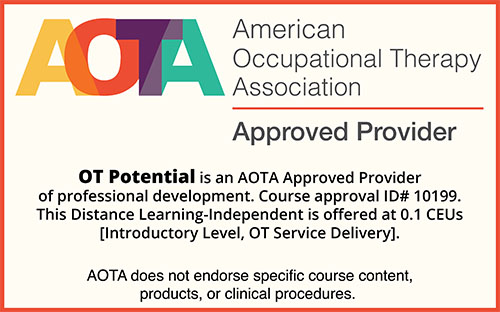
Instructional Methods/Registration/Special Needs Requests/Cancellation Policy
This course is an independent/self-study course delivered via podcast on iTunes, Spotify, Google Play & more.
If you need accommodations to take this course, please contact us and we will address your needs on an individual basis.
If we cancel a promoted course, event, live stream, or any other paid CEU offering prior to release, and you subscribe explicitly for said offering, you are eligible for a full refund if you did not complete and earn any other CEU quizzes or certificates during your subscription.
If a live webinar is cancelled that you signed up for, our system will automatically generate an email to you and if possible, we will inform you of the rescheduled date. Our most current webinar schedule will be found at: otpotential.com/live-ot-ceu-webinars.
Course Completion Requirements
In order to receive a certificate for this course, you must first participate in the podcast/webinar in its entirety. Then, you will need to take the quiz that will accompany the course and earn 75% or higher. If you pass, a certificate will be automatically generated and sent to your email. Quizzes for live (distance learning–interactive) webinars must be completed within 3 days of completing the webinar.
Target Audience/Educational Level
Our target audience is occupational therapy practitioners who are looking to learn about Emotional Disability and OT. The educational level is introductory.
Financial and Non-financial Disclosures
It is the policy of OT Potential to disclose any financial and non-financial interest the provider or instructor may have in a product or service mentioned during an activity. This is to ensure that the audience is made aware of any bias of the speaker.
We here at OT Potential have no financial stake in this topic.
Speakers
Ryan Lavalley, PhD, OTR/L
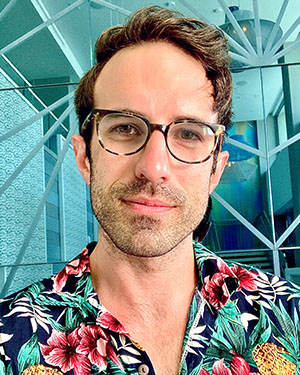
Ryan is an Assistant Professor of Occupational Therapy and Occupational Science and the Primary Lead for the Community Practice Lab in the Department of Health Sciences at the University of North Carolina at Chapel Hill School of Medicine. Dr. Lavalley has nearly 10 years of experience in community practice. Broadly, his practice and research sits at the intersections of aging, housing, and anti-oppression. In community, he has experience conducting qualitative research, community program development, coalition building, and program evaluation in partnership with multiple community organizations including non-profits, local governments, and community institutions. His research has explored collective processes of everyday life and the sociological implications of doing together in community, including both positive outcomes such as language inclusion and negative outcomes such as racism.
Further, Dr. Lavalley is an active member of the occupational science and occupational therapy community. He is currently the Interim Chair for the Coalition of Occupational Therapy Advocates for Diversity (COTAD). He also hosts a smart, driven, and fabulous podcast called Dr. thOTs with his colleague and good judy Dr. Khalilah Johnson. Previously, he has served as the Research Chair for the Society for the Study of Occupation: USA, a coordinating member of the International Social Transformation through Occupation Network, and the Chair of Operations for COTAD National. Personally, Dr. Lavalley is proudly queer and unapologetically political. He originally hails from West Virginia and enjoys gardening and anything outdoors.
Sarah Lyon, OTR/L

Sarah’s passion is helping fellow OT practitioners translate evidence into daily practice. Sarah earned her BA in religion from St. Olaf College, then earned her master’s degree in occupational therapy from New York University in 2011.
Since then, she’s worked in numerous facilities, including a critical access hospital, an acute trauma hospital, and a state inpatient psychiatric hospital. Sarah is the founder/owner of OT Potential. Read more about OT Potential here.
This course was designed to meet your continuing education requirements
We designed the courses in the Club to meet the requirements for “online” and “independent/self-study” courses. To verify the requirements from your specific state (within the US), check out our post, OT Continuing Education Requirements. If you are outside of the United States and have questions, please contact us.
We are proud to be an AOTA Approved Provider and to meet the requirements for your NBCOT renewal.
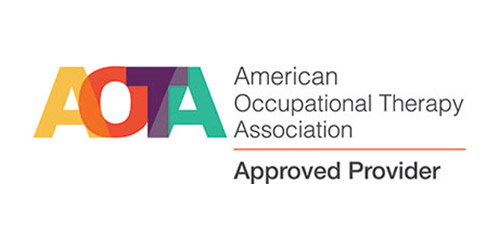
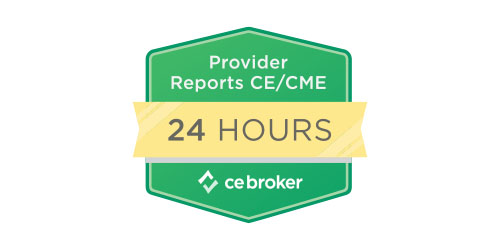
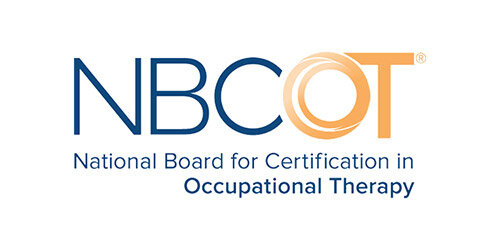
See our other OT courses!
Community-based OT • OT Potential
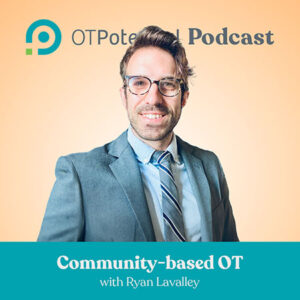
Today we'll be covering community-based OT. We'll look at new research and discuss it with Ryan Lavalley, PhD, OTR/L.
Course Provider: Organization
Course Provider Name: OT Potential
Course Provider URL: https://otpotential.com/
Course Mode: Online
Start Date: 2024-08-22
Duration: 01:00:00
Repeat Count: 5
Repeat Frequency: Yearly
Course Type: Subscription
4.9

